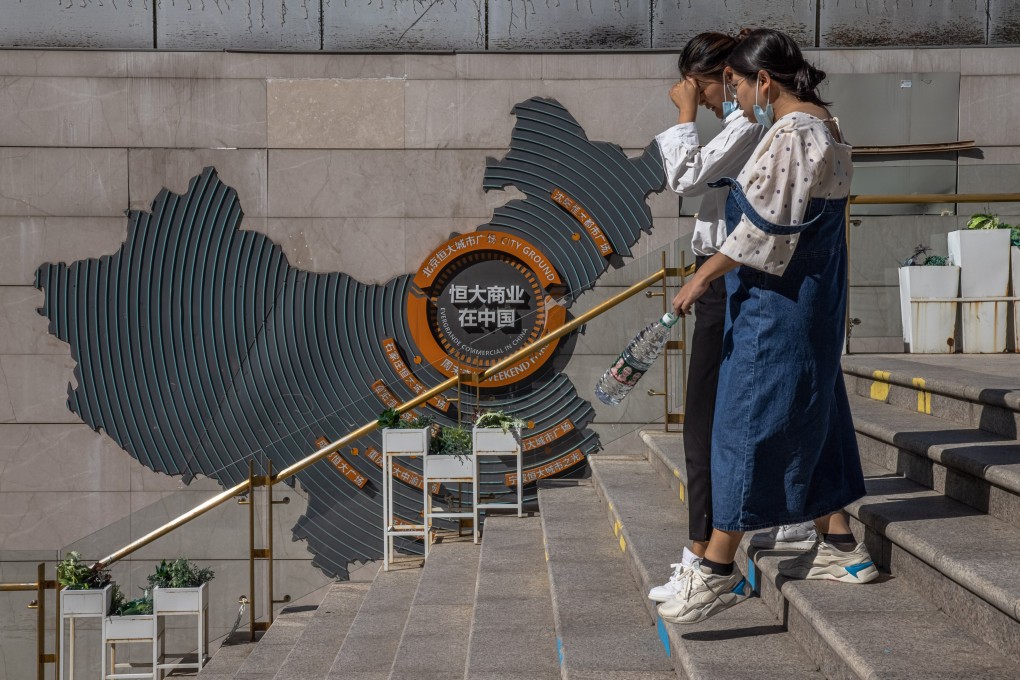Advertisement
Opinion | Evergrande crisis doesn’t spell the end of Beijing’s support for big business, as microlending crackdown shows
- Many officials believe China has dodged a bullet, given other nations’ experience with microfinance, which has failed to reduce poverty or increase incomes
- Rather, they see a real solution in big industrial enterprises and big services platforms, and in supporting state-owned banks over microlenders
Reading Time:3 minutes
Why you can trust SCMP
2

If there is one lesson to be learned from the rise and fall of real estate developer Evergrande, it is this: China favours big business. The bigger your business, the easier it is to get lots of financing and other privileges.
It has emerged that, as of June, some 171 banks as well as dozens of other lenders involved in “wealth management products” have had a total exposure to Evergrande of US$313 billion. HNA Group, China Fortune Land and many others all took a lucrative ride on this big business bias until their downfall.
This scale bias is all the more interesting when you consider that it is set against the background of the government’s relentless crackdown on the vast microfinance sector over the past four years. More than 6,000 peer-to-peer credit firms have been forced to shut down, and many of their founders are now behind bars.
Advertisement
In the meantime, thousands of licensed microfinance operators and auto financiers have been pulverised by prolonged regulatory clampdowns on debt collection and asset recovery.
While many have criticised Beijing’s regulatory actions, I have begun to see the government’s logic. Here are three reasons for their action.
Advertisement
First, microfinance has not helped to reduce poverty, increase incomes or boost total-factor productivity in China or elsewhere. Many developing countries that have practised microfinance for more than five decades have precious little to show for their struggles.
Advertisement
Select Voice
Select Speed
1.00x
